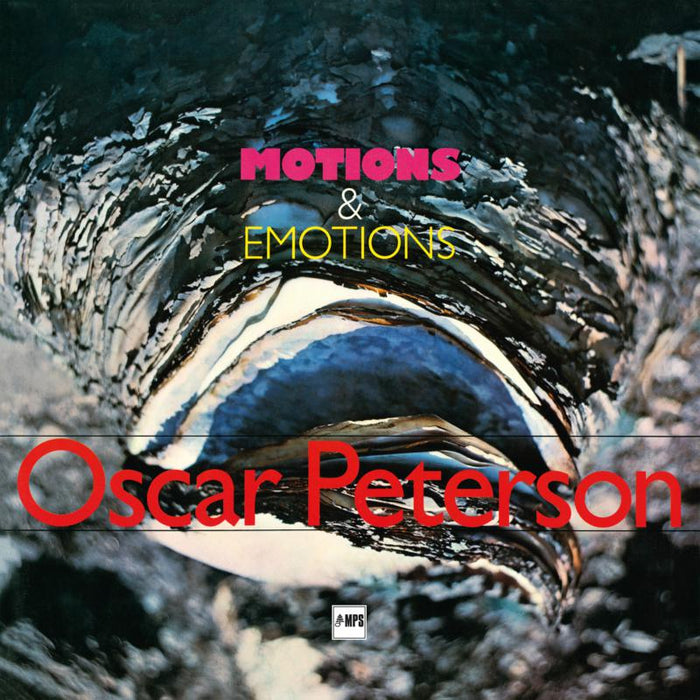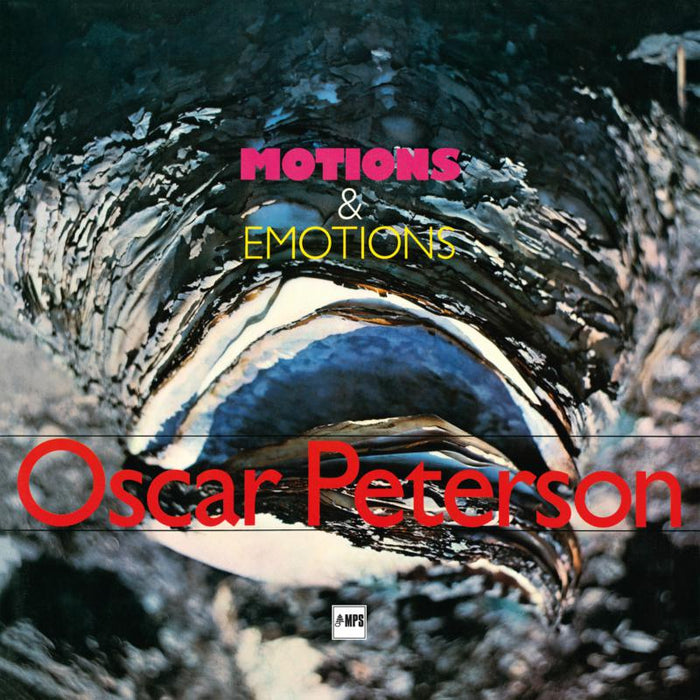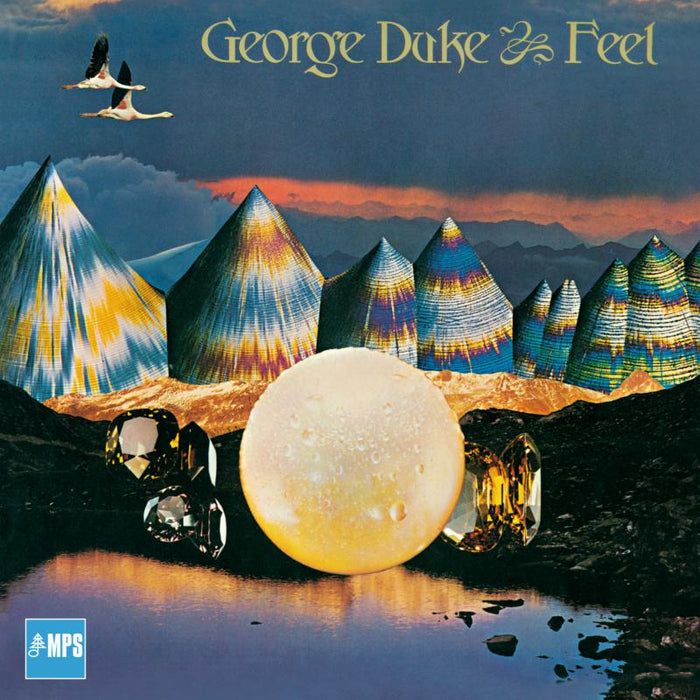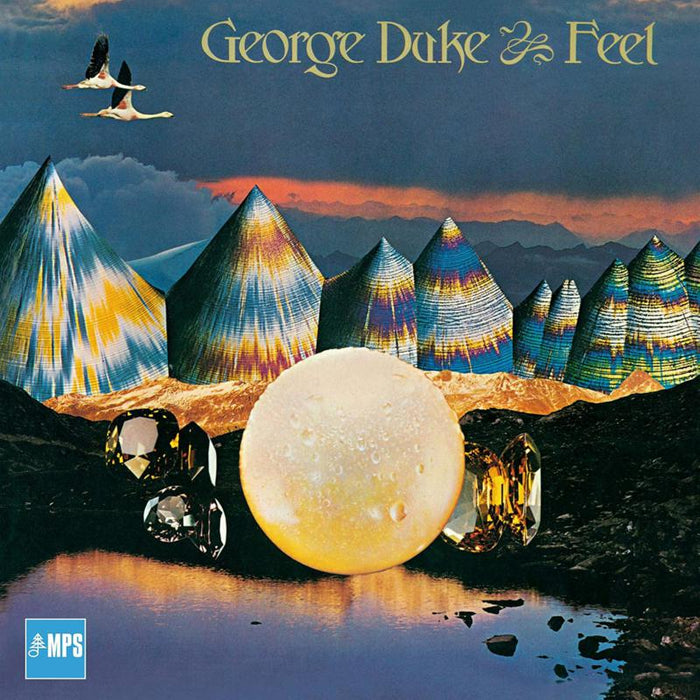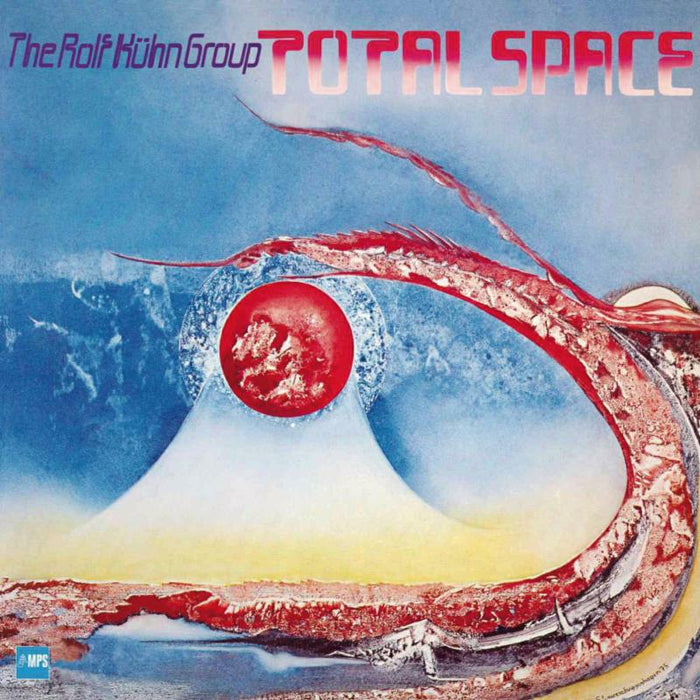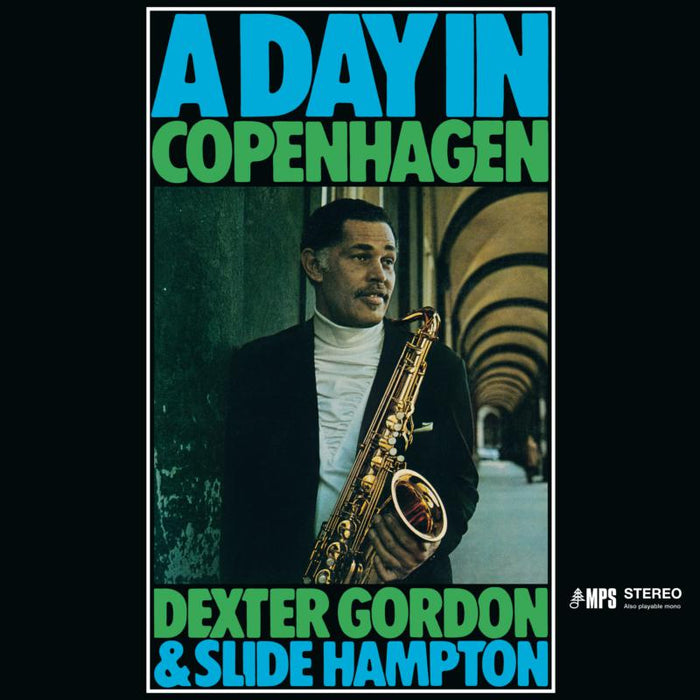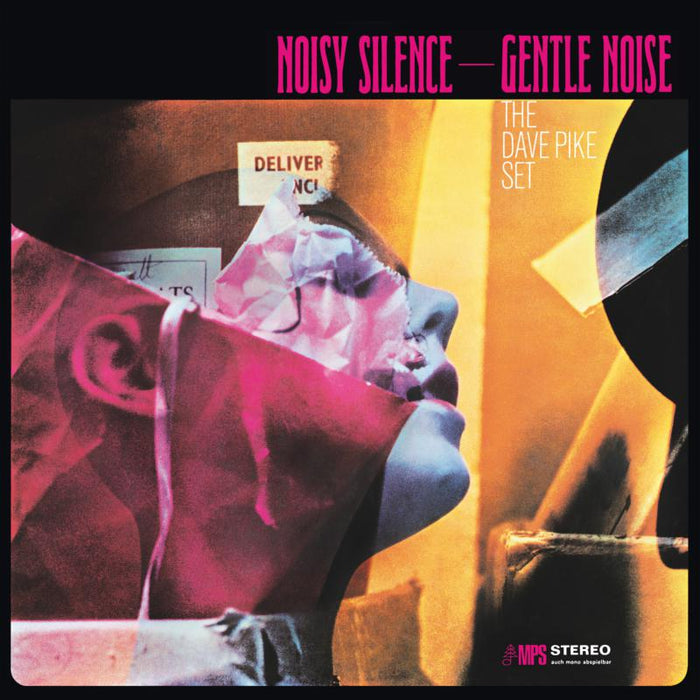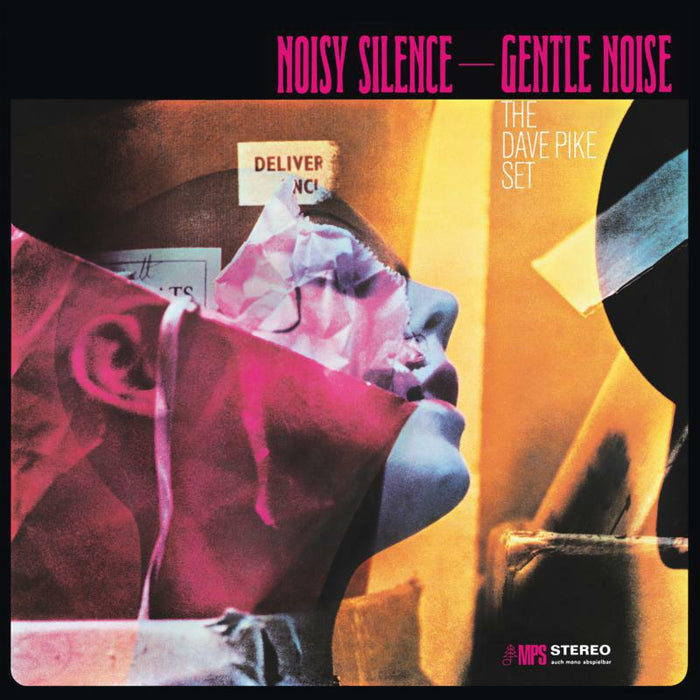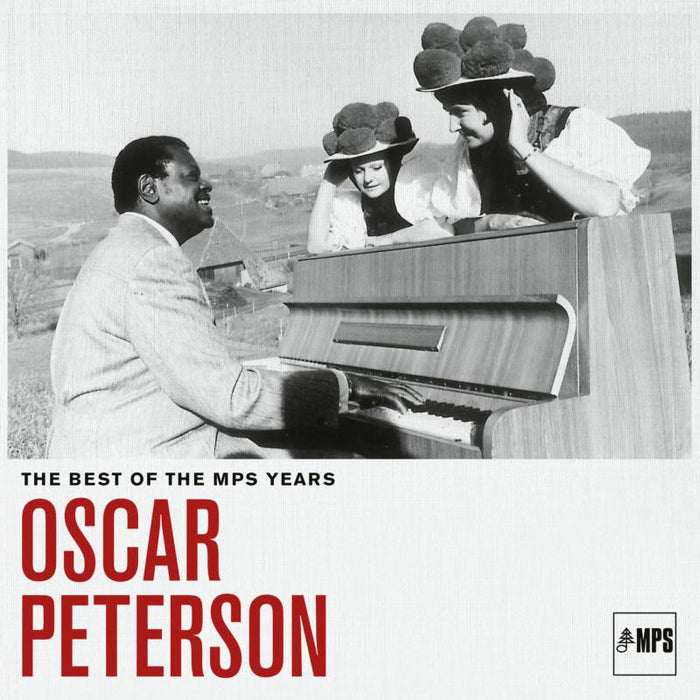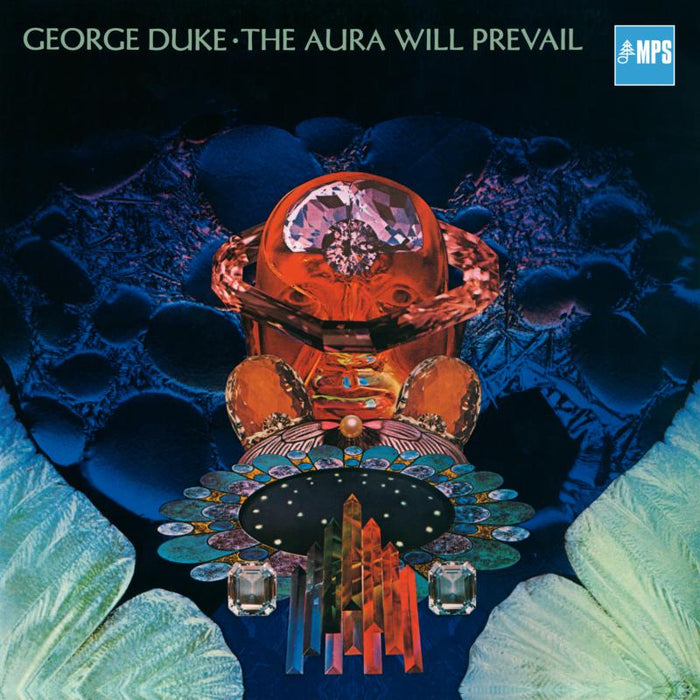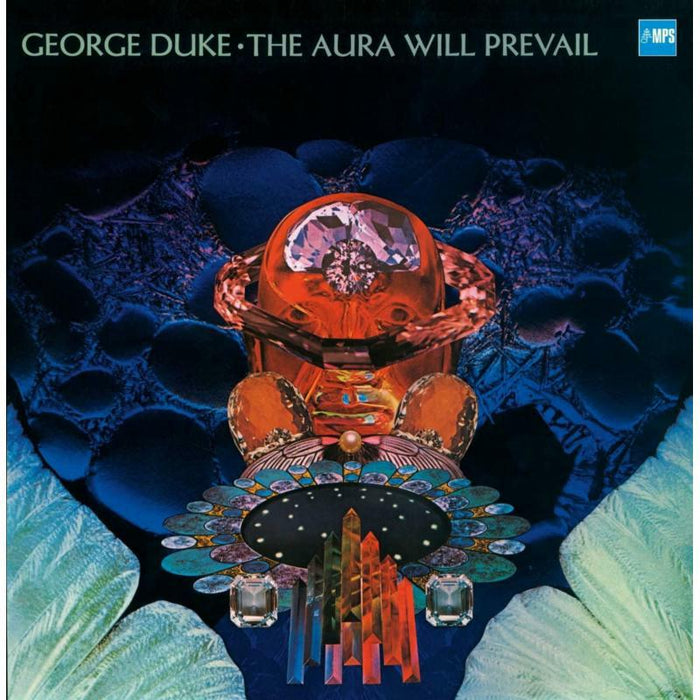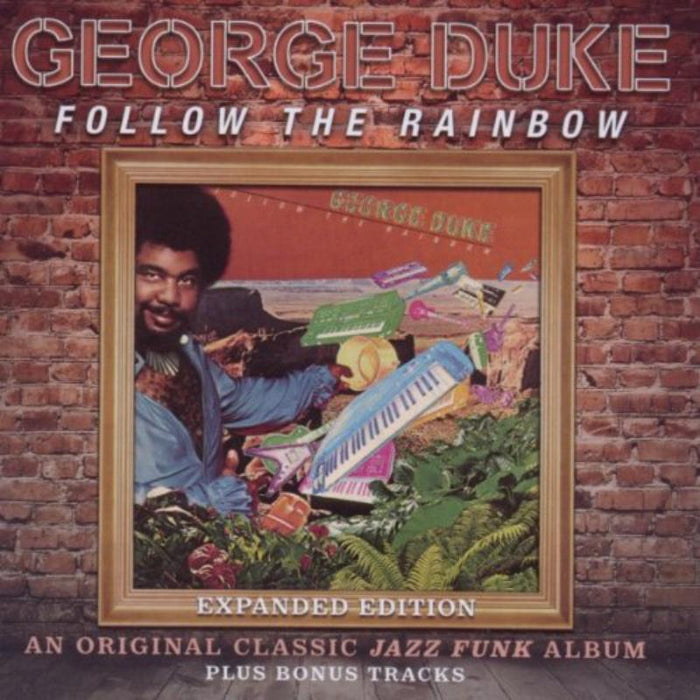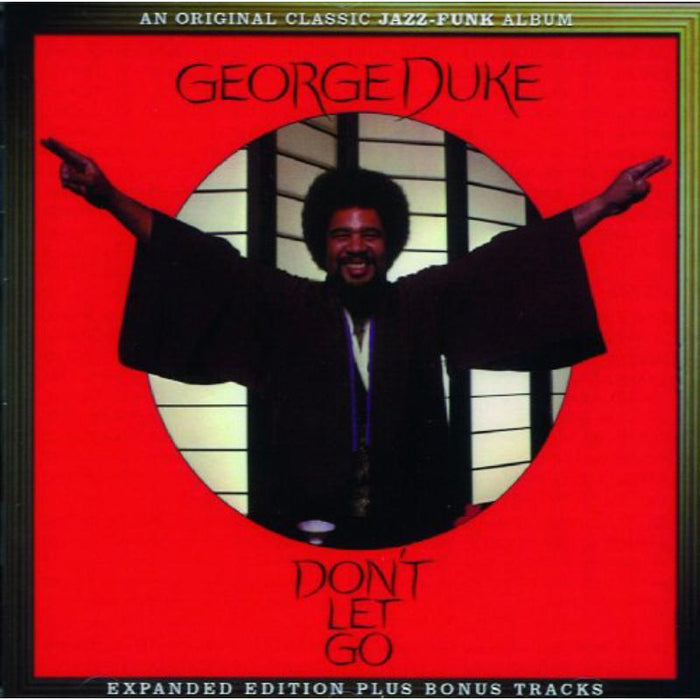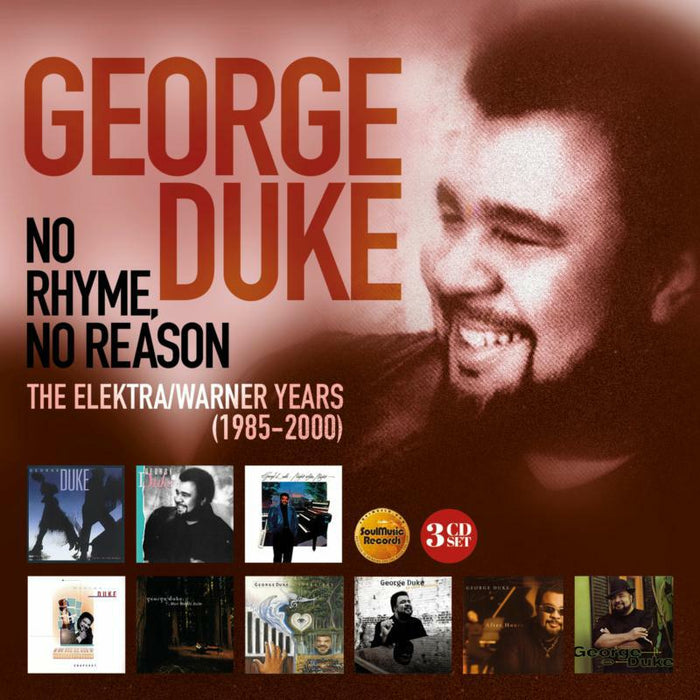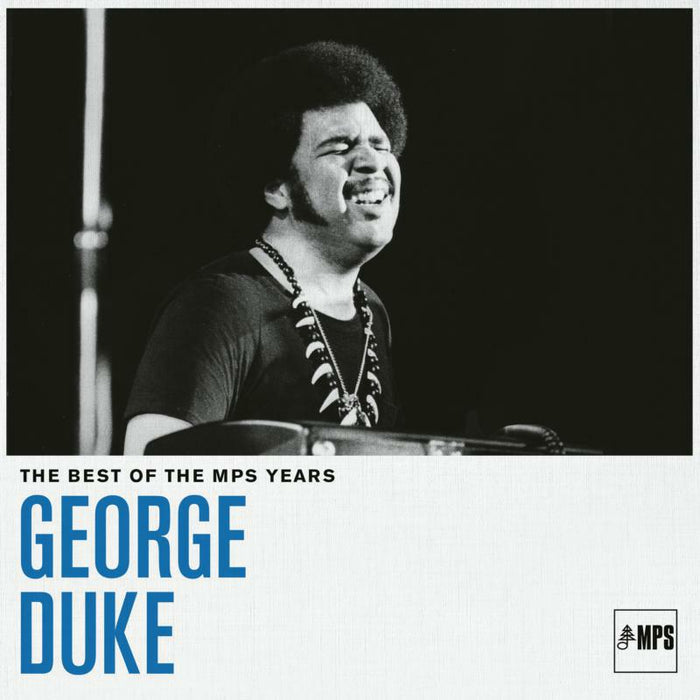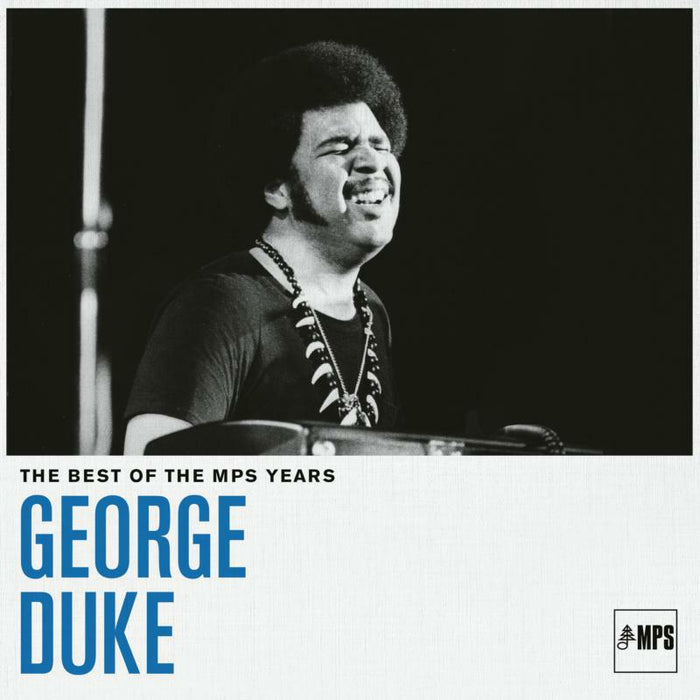-
Description
Reissue of George Duke's classic 1973 jazz-funk-fusion album 'The Inner Source', featuring Jerome Richardson, John Heard and Armando Peraza.
In 1971 George Duke, having just recently done his time with the Mothers of Invention, was engaged by the Cannonball Adderley Quintet. Beginning in April of that year, Duke made two recordings over a short timespan that on their release in 1973 as a double LP (against the desire of the artists, by the way), would be a major statement.
On Chapter One of his fusion autobiography, "Solus", Duke, along with the skeleton crew of bassist John Heard and drummer Dick Berk, tries out the new compositional philosophy he had absorbed from his work with Adderley. On Chapter two, "The Inner Source" " Duke lives it up as he shows off his exuberant experimental synth side and also begins to vary the line-up here as some tracjs are reinforced with Latin percussion, incisive horn and reed instruments or with Duke on his first instrument, the trombone. As a curiosity, two basses compete with each other on "Twenty Five".
-
Tracklisting
- 1. Au Right
- 2. Love Reborn
- 3. Peace
- 4. My Soul
- 5. Feels So Good
- 6. Manya
- 7. Sweetbite
- 8. The Followers
- 1. The Inner Source
- 2. Life
- 3. Some Time Ago
- 4. So There You Go
- 5. Solus
- 6. Nigerian Numberuma
- 7. Twenty-Five
- 8. Always Constant
Disc 1
Side 1
Disc 2
-
-
Motions & Emotions
Oscar Peterson
- Regular
- £20.99
- Sale
- £20.99
- Regular
-
- Unit Price
- per
Feel
George Duke
- Regular
- £11.99
- Sale
- £11.99
- Regular
-
- Unit Price
- per
By All Means (Feat. Herbie Hancock, Freddie Hubbard,...
Alphonse Mouzon
- Regular
- £20.99
- Sale
- £20.99
- Regular
-
- Unit Price
- per
Total Space
The Rolf Kuhn Group
- Regular
- £20.99
- Sale
- £20.99
- Regular
-
£0.00
- Unit Price
- per
A Day In Copenhagen
Dexter Gordon & Slide Hampton
- Regular
- £11.99 - £20.99
- Sale
- £11.99 - £20.99
- Regular
-
- Unit Price
- per
Noisy Silence - Gentle Noise
The Dave Pike Set
- Regular
- £11.99 - £20.99
- Sale
- £11.99 - £20.99
- Regular
-
- Unit Price
- per
The Best Of The MPS Years
Oscar Peterson
- Regular
- £11.99 - £21.99
- Sale
- £11.99 - £21.99
- Regular
-
- Unit Price
- per
The Aura Will Prevail
George Duke
- Regular
- £11.99
- Sale
- £11.99
- Regular
-
- Unit Price
- per
Feel
George Duke
- Regular
- £11.99
- Sale
- £11.99
- Regular
-
- Unit Price
- per
From Me To You - The Definitive Collection 1977-2000...
George Duke
- Regular
- £33.99
- Sale
- £33.99
- Regular
-
- Unit Price
- per
Follow The Rainbow
George Duke
- Regular
- £10.99
- Sale
- £10.99
- Regular
-
- Unit Price
- per
Don't Let Go
George Duke
- Regular
- £10.99
- Sale
- £10.99
- Regular
-
- Unit Price
- per
No Rhyme, No Reason - The Elektra/warner Years 1985-...
George Duke
- Regular
- £20.99
- Sale
- £20.99
- Regular
-
- Unit Price
- per
The Aura Will Prevail
George Duke
- Regular
- £11.99
- Sale
- £11.99
- Regular
-
- Unit Price
- per
The Best Of The MPS Years
George Duke
- Regular
- £11.99 - £21.99
- Sale
- £11.99 - £21.99
- Regular
-
- Unit Price
- per





